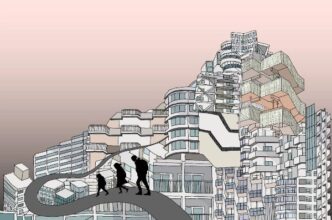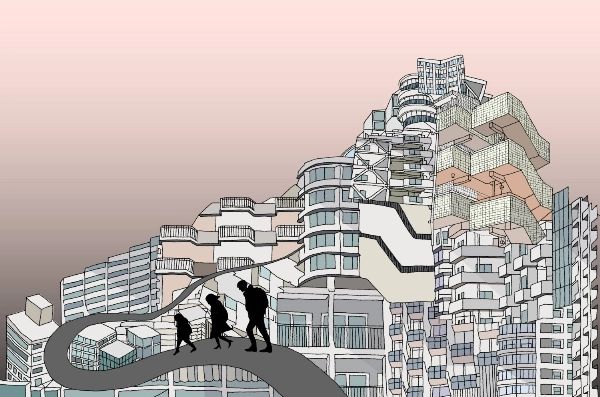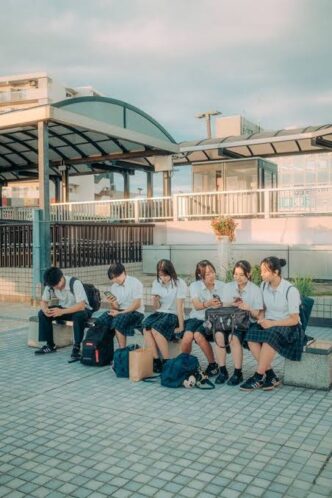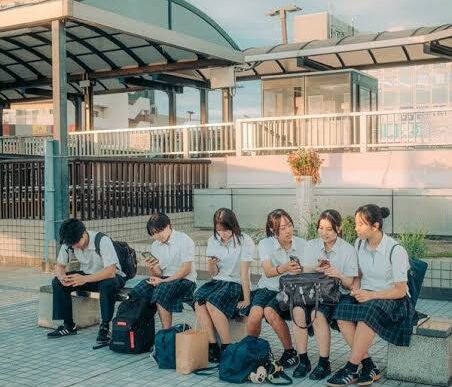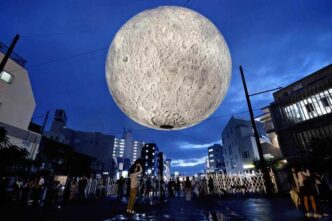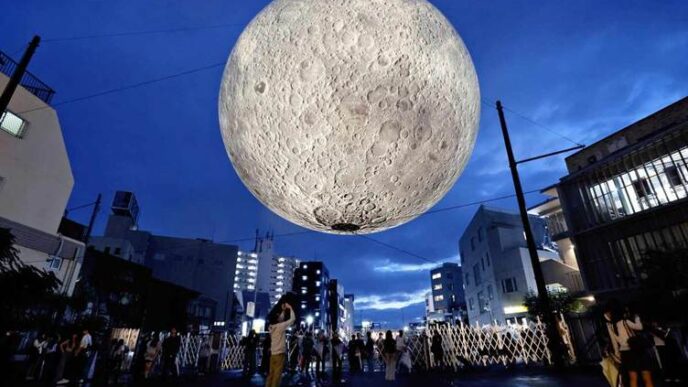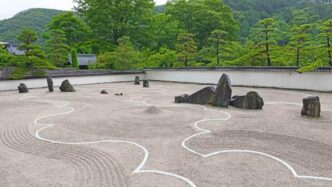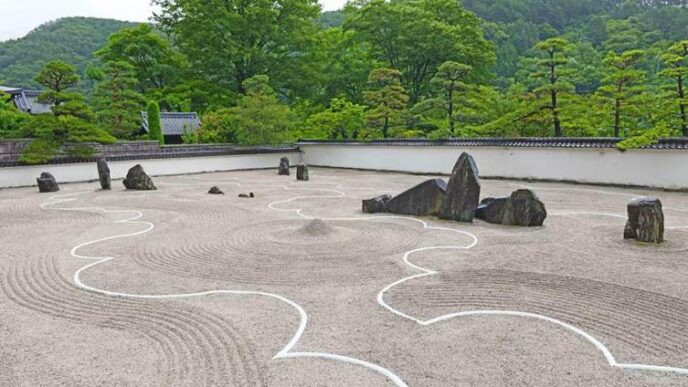“Central Tokyo” usually means the core wards (Chiyoda, Chuo, Minato, Shibuya, Shinjuku, etc.). Costs here are among the highest in Japan — but they’re nuanced. Some things are costly, others more reasonable than in many global peer cities.
Here are some key data points:
| Category | Typical Cost / Range | Notes / Variation |
| Rent – small studio (1R / 1K) | ~ ¥100,000–¥160,000/month in central wards. | If older building, further from major station, may be lower; for premium new building, higher. Size also matters. |
| Rent – 1LDK / 2DK | ~ ¥200,000–¥300,000+ /month for good locations. | The walk‐to‐station, ease of transport, building age, amenities all affect price. |
| Rent – larger apartment / family unit (2LDK-3LDK etc.) | ~ ¥300,000-¥400,000+ in premium central wards; somewhat less in inner suburbs. | If you accept older buildings or are further from central transit, you can reduce cost. |
| Other living costs (food, transport, utilities, etc.) | • Groceries: ¥30,000-¥50,000/month for a single person, more if eating out often. • Eating out / mid-range restaurant: a mid-range dinner for two might cost around ¥7,000. • Transport: monthly commuter pass ~ ¥10,000-¥15,000; individual rides ¥200-¥300 etc. | Utilities vary by season (electricity/heating/cooling) and size/age of apartment. Proximity to transit can save time and money but increases rent. |
| Inflation / Trends | Inflation has been a factor: prices rising, especially in desirable neighborhoods; rents are increasing in many areas. | Wages in many sectors are rising but often not proportionally. So cost pressure is real. |
What “Affordable” Means — Relative & Subjective
Whether central Tokyo is “affordable” depends heavily on:
- Income Level
For someone earning a high salary (especially in tech, finance, international firms), even central Tokyo is manageable. But for people on average Japanese incomes, it’s much tighter. Constant trade-offs are made in apartment size, commute time, or neighborhood. - Lifestyle Choices
If you value convenience (walking distance to shops, transit, work, entertainment), you’ll pay more. If you can compromise — live further from core wards, in older building, smaller space — you reduce cost a lot. - Housing Priorities
Size, age of building, amenities (gym, security, views), distance to major transit all matter. A new luxury building in Minato ward is going to cost very differently from a simple walk-up in a less trendy central ward. - Exchange Rates & Foreign Income
For expats earning in strong foreign currencies, Tokyo looks “cheaper” than many global cities. But local cost increases and rent hikes still bite. Also, yen fluctuations can alter buying power. - Government / Policy Factors
Subsidies, tax breaks, public utilities, transit subsidies etc. matter. For example, some local wards offer water bill relief, childcare or schooling support. That can shift how “affordable” things feel.
Is It Still Affordable Compared to Other Big Cities?
Yes — in many ways, Tokyo offers good value relative to New York, London, Paris, etc.
- Rents for similarly sized apartments in central Tokyo are often lower, even with a similar level of amenities.
- Many everyday costs (transport, groceries, public services) are efficient, well-organized, sometimes cheaper than equivalent services in other top global cities.
- But the gap is narrowing: rent inflation, cost of imported goods, energy costs, etc., are pushing up expenses. Also, the yen weakness vs. some currencies can make things feel more expensive for foreign residents.
Where the Pressure is Greatest
- Housing: Biggest cost pain. Especially if you want larger space, good amenities or really central location. Many people end up sacrificing size or accepting longer commute.
- Inflation in daily essentials: Food, energy, utilities are rising. Even if rent is “fixed” short-term, other bills creep up.
- Transport / Commute Costs + Time: Living a bit further out reduces rent, but increases commute time and costs. That trade-off can erode savings.
- Upfront Moving Costs: Deposit, key money (礼金), agency fees, renovation, furniture can be significant.
Bottom Line
So: Yes, central Tokyo can still be affordable under certain conditions. But “affordable” now means more compromise than perhaps it used to — in size, age, location, or amenities. Some people may find it quite expensive relative to what they earn or value, while for others it’s still a good deal compared to many world capitals.
Source:https://www.japantimes.co.jp/news/2025/09/29/japan/society/rising-property-prices-tokyo/
